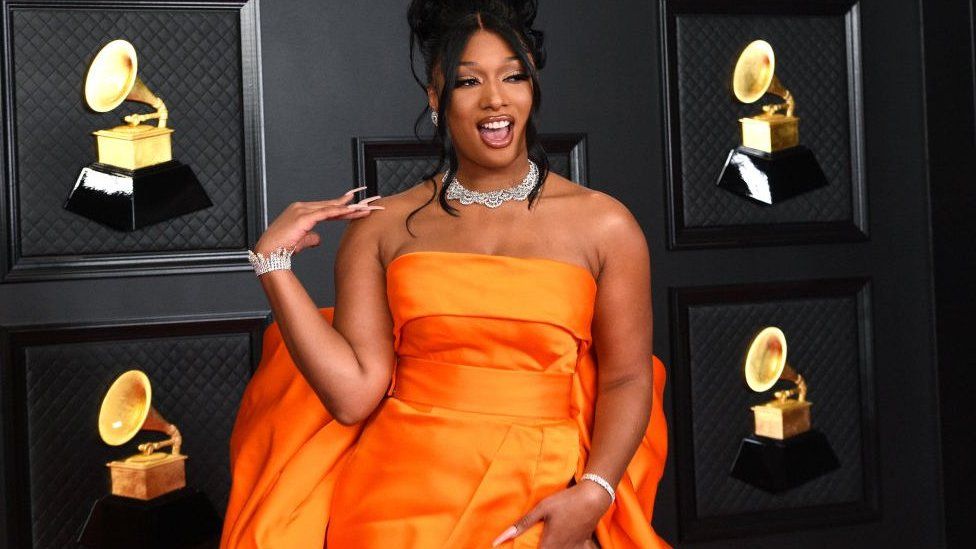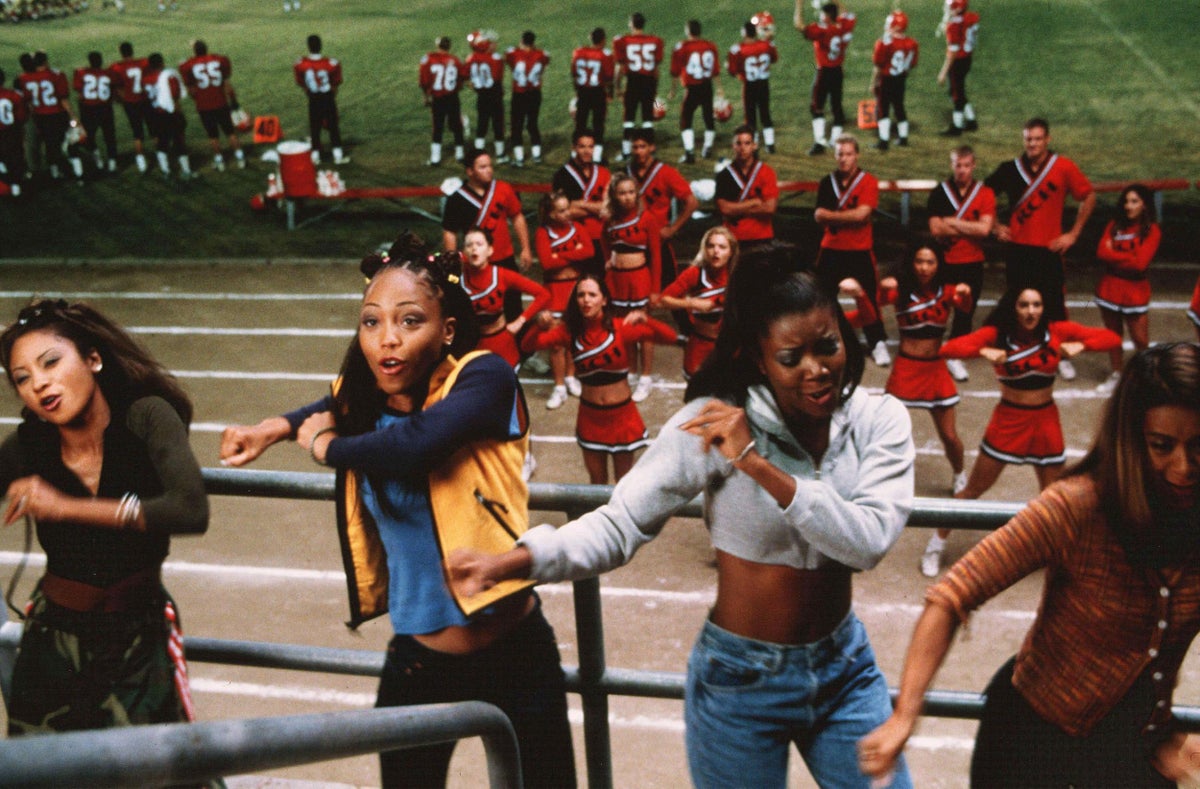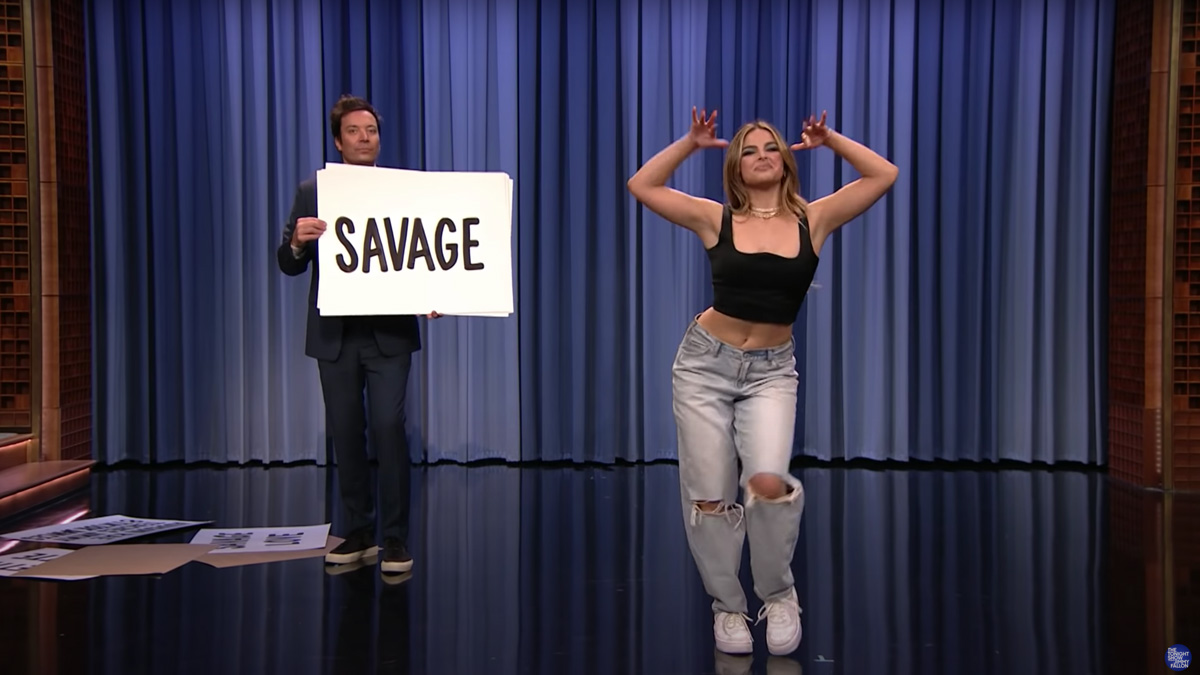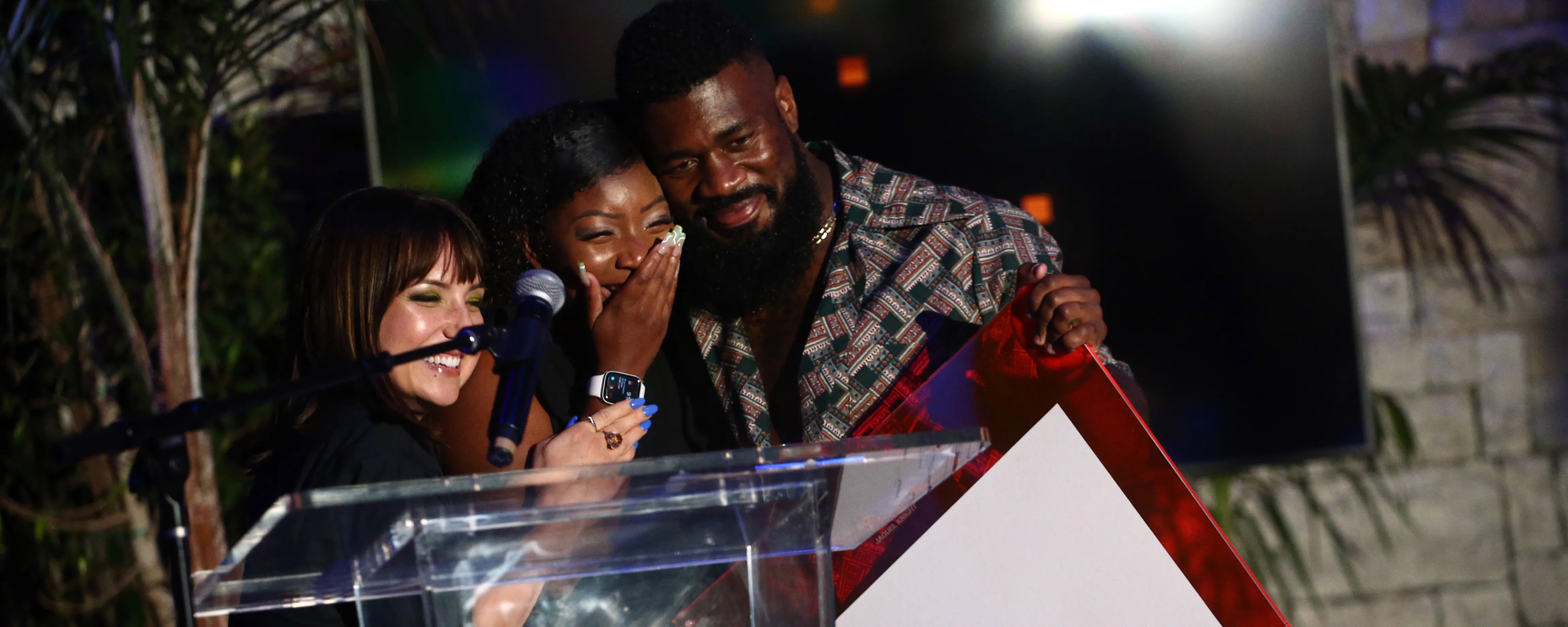Since June, TikTok creators have been refusing to create new dances, railing against what they call “a new kind of cultural appropriation” on the app. Choreographers are pushing back to fight for royalties, in a move backed by major brands such as Logitech.

Megan Thee Stallion’s latest track, “Thot Shit”, was forecast to be a TikTok smash. Her previous track, “Savage”, received over 22 million plays on the app. “WAP” received 4 million views, whilst “Body” received 1.5 million. This time, (in a move which gives us Clovers v Toros cheer-off vibes), a social media strike organised by black producers on the viral-video-creation site have blocked her new track from charting. Instead of creating a dance for the song, black artists have staged a digital walkout.
Creative Strength

Black TikTok creators are the creative strength behind some of the Internet’s most popular performances. Credit, however, is more difficult to access.
“It’s a familiar pattern by now: A new song comes out, and within a few hours, a Black TikTok user has invented a wildly popular dance to go with it. Soon everyone is doing the dance — moms, dietitians, and notably, White teenage girls with a whole lot of followers. The viral clips they share often give no credit to the dance’s Black creator, who can only sit back and watch as their moves go viral without them.”
Washington Post
#BlackTikTokStrike
The hashtag BlackTikTokStrike has been trending since June. Black users are using the hashtag to express displeasure with what they perceive to be preferential treatment. According to black producers, non-black influencers exploit their work; reaping financial and personal advantages from views, whilst failing to recognise or credit originators.
Creator economy news: Black TikTok is on strike indefinitely to increase acknowledgement as important creators on the app. @tnatw #creatoreconomy #BlackTikTokStrike #blackcreators #TikTok https://t.co/C4ZxlgZWlq
— Mahogany (@diversityintec) June 26, 2021
Following the TikTok strike that erupted on the site in late June, Black TikTok is now taking a public stance in support of their creativity and viral contributions.
Jimmy Fallon

In March, Jimmy Fallon presented white TikTok influencer Addison Rae on his show. Throughout her appearance, Rae performed several viral dances – created by uncredited black dancers.
The “Renegade”, developed by Jalaiah Harmon, a 14-year-old black TikToker, was one of the most recognisable routines. After Rae’s rendition, the dance gained further notoriety – even celebrities have attempted to imitate it.
In 2020, Rae made more than $5 million (£3.6 million) imitating dances by black choreographers. Because TikTok pays for views, Harmon has found it difficult to gain notoriety or compensation for her creative works, watching others become the face of her dances.
#Creators4BIPOC
This month, Logitech and award-winning choreographer JaQuel Knight joined forces to honour Black, Indigenous, and People of Color (BIPOC) artists. An event, which concludes #Creators4BIPOC month, was hosted on July 29; aiming to address barriers that BIPOC creators experience disproportionately.

In a surprise announcement on the night, TikToker Keara Wilson learned that she has earned copyright, one year after creating Megan Thee Stallion’s #SavageChallenge – with help from Logitech and award-winning JaQuel Knight. In light of the recent Black TikTok strikes and the significance of crediting choreographers and dance originators, Logitech and Knight are assisting 10 additional BIPOC creators in securing copyright to their choreography. The first six of these creators were presented with “labanotations at the celebration dinner”. They are:
- Keara Wilson, creator of the “Savage” dance to Megan Thee Stallion’s song of the same name
- Young Deji, creator of “The Woah” dance
- Fullout Cortland, choreography to Doja Cat’s “Say So” performance at the 2020 Billboard Music Awards
- Nae Nae Twins, creator of the “Savage Remix” dance to Megan Thee Stallion’s (feat. Beyoncé) song of the same name
- Chloe Arnold, “Salute A Legend” choreography for Syncopated Ladies
- Mya Johnson and Chris Cotter, creator of the “Up” dance to Cardi B’s song of the same name”
Source: Businesswire
Empowering Creators
Logitech and Knight hope to empower more creators through the copyrighting process. According to the United States Copyright Office1, they receive less than 20 applications for choreographic works out of more than 500,000 applications for “dramatic works” each year. This copyrighting movement restores authority to the creative by reclassifying their work as intellectual property, guaranteeing that they are properly credited.
In addition, visionary choreographer, Knight, has announced a new short film. It aims to address the problem of copyright in the world of choreography. The film features a group of artists – inspired by Knight – as they fight for the copyright of their works.
Subscribe to FIB’s Weekly Breaking News Report for your weekly dose of music, fashion and pop culture news!







